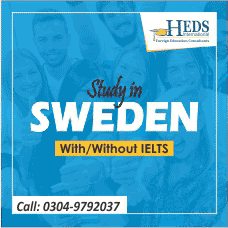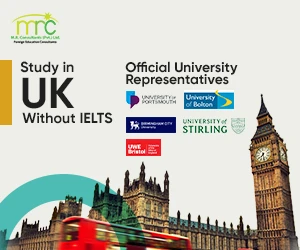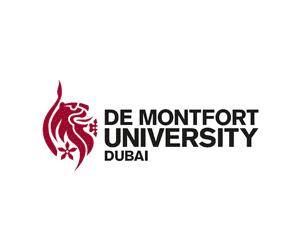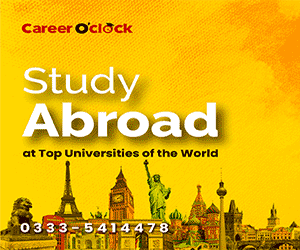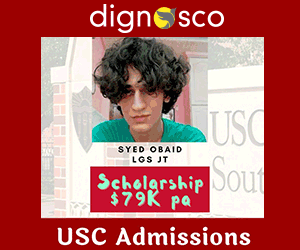
Doctoral
Art & Design,Engineering&Technology,Business & Management,Medical & Pharmacy
 Netherlands
Netherlands
University of Groningen
Eligible:
All international, as well as domestic students are eligible to apply.
Students can apply for a PhD programme in Recombination rates in Seychelles warblers & long-tailed finches at the University of Groningen.
Criteria:
Has strong quantitative skills in statistics and bioinformatics (training will be provided)
Has experience in extracting and analysing data from databases (e.g. Access) or large datasets (training will be provided)
Apply date:
8 August 2022.
The award assists talented and deserving international students who want to apply for the PhD programme at the University of Groningen. The scholarship winner will get an award amount of € 2,249 during their study.
University or Organization: University of Groningen
Department: NA
Course Level: PhD
Award: € 2,249 per month
Number of Awards: NA
Access Mode: Online
Nationality: International and Domestic
The award can be taken in the Netherlands
Application Deadline:8 August 2022.
Supporting Documents:
MSc degree and university
Intended starting date (1 November 2022, EU candidates; 1 January, 2023 non-EU candidates/candidates not already in possession of an NL residency permit)
b) Cover letter (1-page max.): a letter introducing yourself, describing your motivation and qualifications to conduct this scientific research, and your expectations of the PhD programmec) CV (2 pages max.)
Language Requirement:
The students must be fluent in English (both oral and written).

Get Latest Scholarships in Your Email
Get a regular scholarship alert. We'll deliver important and latest scholarships to your email

Benefits
Salary: A competitive salary ranging from €2,901 to €3,707 per month based on experience and seniority.
Vacation: 232 vacation hours, with options for additional hours through the Employment Conditions Menu Card.
Financial Support: 8% holiday allowance and an 8.3% year-end bonus. Additional allowances and pension contributions through ABP.
Career Development: Access to professional training, open UvA lectures, and career growth opportunities.
Flexibility: Opportunities to combine work and private life, including the option to work from home.
Research Support: A collaborative and supportive research environment, access to vibrant groups like the Cultural Psychology Lab and the Amsterdam Interdisciplinary Centre for Emotion (AICE).
 Netherlands
Netherlands

Bachelor programmes
Erasmus University Rotterdam offers high-quality bachelor programmes that result in an internationally-recognised Bachelor of Science (BSc) or Bachelor of Arts (BA). Excellent students can enroll in honours programmes to further develop and nurture their talents. With the exception of double degree programmes, most bachelors are three years. The vast majority of our students continue directly to one of our 50+ international master programmes.
Courses
We offer a broad range of courses. From academic courses that focus on specific topics (from Business Management to International Health Policy) to language courses and lectures. There's always an interesting course for you at Erasmus University Rotterdam!
 Netherlands
Netherlands

The research work is done by collaboration between various research units from different institutes. For now, lab is actively hiring 41 PhDs to work on Sustainable Future technologies. Students will not only receive PhD degree but will enjoy the benefits of employment while working.
Eligibility
Have MSc or equivalent (bachelor’s) degree in Physics, Chemistry, Engineering or in another relevant filed.
Committed to work 40 hours per week with enthusiasm.
The position is for 4 years and the selected applicants will receive PhD degree at the end of it.
Check your desired interest and apply online.
 Netherlands
Netherlands

Benefits
Competitive salary in accordance with Dutch universities’ CAO (Collective Labor Agreement).
Temporary contract for 18 months, extendable upon satisfactory performance.
Access to personal career development opportunities, foreign exchange programs, and professional networks.
Generous paid leave (41 days annually) with additional holiday and end-of-year bonuses.
 Netherlands
Netherlands

 Netherlands
Netherlands

Benefits
Full-time 4-year PhD position
Holiday allowance of 8% of gross annual salary and an end-of-year bonus of 8.3%
29 holidays per year (full-time employment)
Training programme within the Twente Graduate School
Access to sports facilities and an international scientific community
Family-friendly policies including parental leave
Full employee status at the University of Twente with pension and healthcare benefits
 Netherlands
Netherlands
Study Level

Subject / Specialist




.gif)





